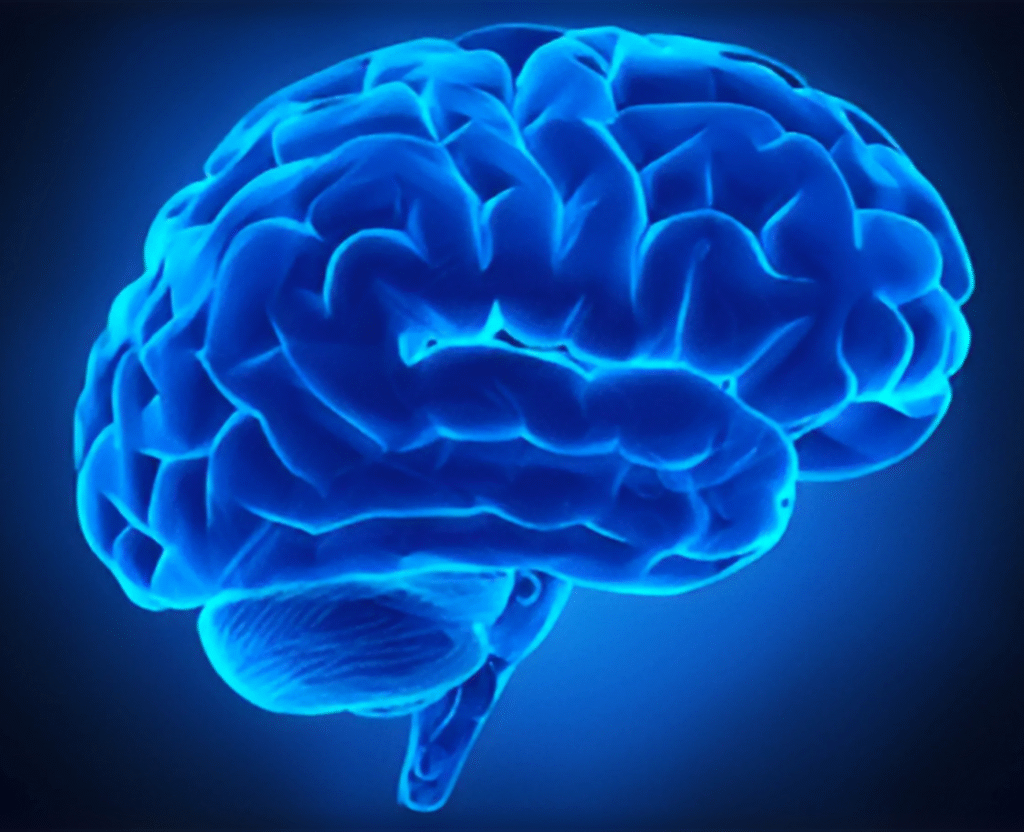
Home » Brain Tumor

Brain tumors are abnormal growths in the brain or central nervous system (CNS). They can be benign (non-cancerous) or malignant (cancerous), affecting functions like memory, movement, and reflexes. At Best Cancer Hospital in Bangalore, our expert neuro-oncology team provides advanced, personalized care using state-of-the-art technology to ensure optimal outcomes for brain tumor patients.
Brain tumors include primary tumors (starting in the brain) and metastatic tumors (spreading from other body parts). Common types include gliomas, meningiomas, pituitary adenomas, and medulloblastomas. Dasappa Cancer Hospital treats over 120 CNS tumor types in adults and children, using precise techniques to manage both cancerous and non-cancerous tumors, prioritizing neurological function and quality of life.
Early detection improves brain tumor treatment success. Know your family’s medical history, as genetic conditions like Li-Fraumeni syndrome, neurofibromatosis, tuberous sclerosis, or Turcot syndrome increase risk. Seek screening if you experience:
Persistent symptoms (over a month) require immediate consultation with a neurologist or neurosurgeon.Dasappa Cancer Hospital offers advanced screening for early brain tumor detection.

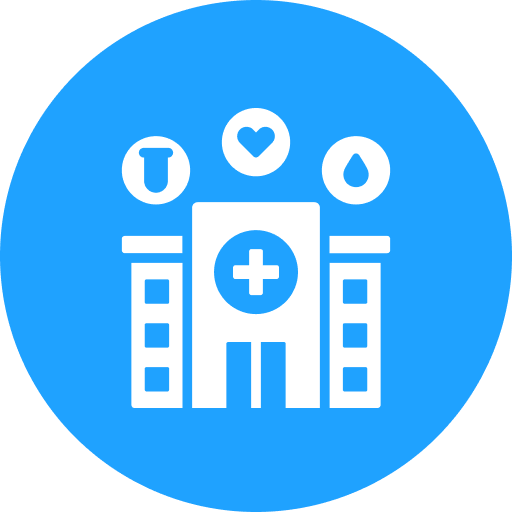



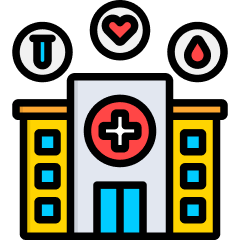


Dasappa Cancer Hospital multidisciplinary team—neurosurgeons, neurologists, radiologists, and oncologists—delivers tailored brain tumor care. Treatments include:
We treat tumors like gliomas, glioblastomas, meningiomas, pituitary adenomas, ependymomas, and medulloblastomas, ensuring both survival and quality of life.
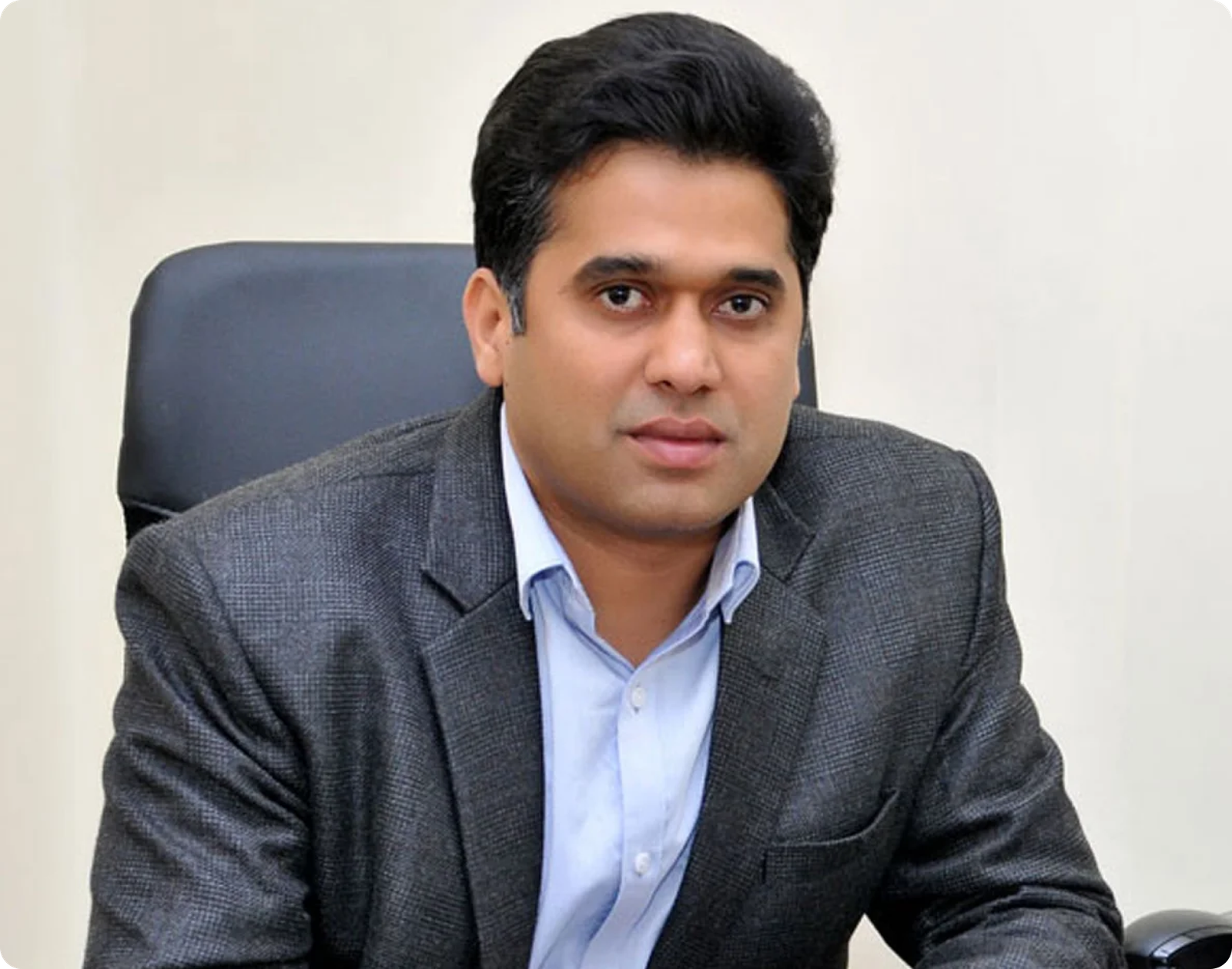

Read More About – “Dr Pandu Dasappa“
Dasappa Cancer Hospital uses cutting-edge diagnostics for accurate brain tumor identification:
These tools ensure precise diagnosis, guiding personalized treatment plans.
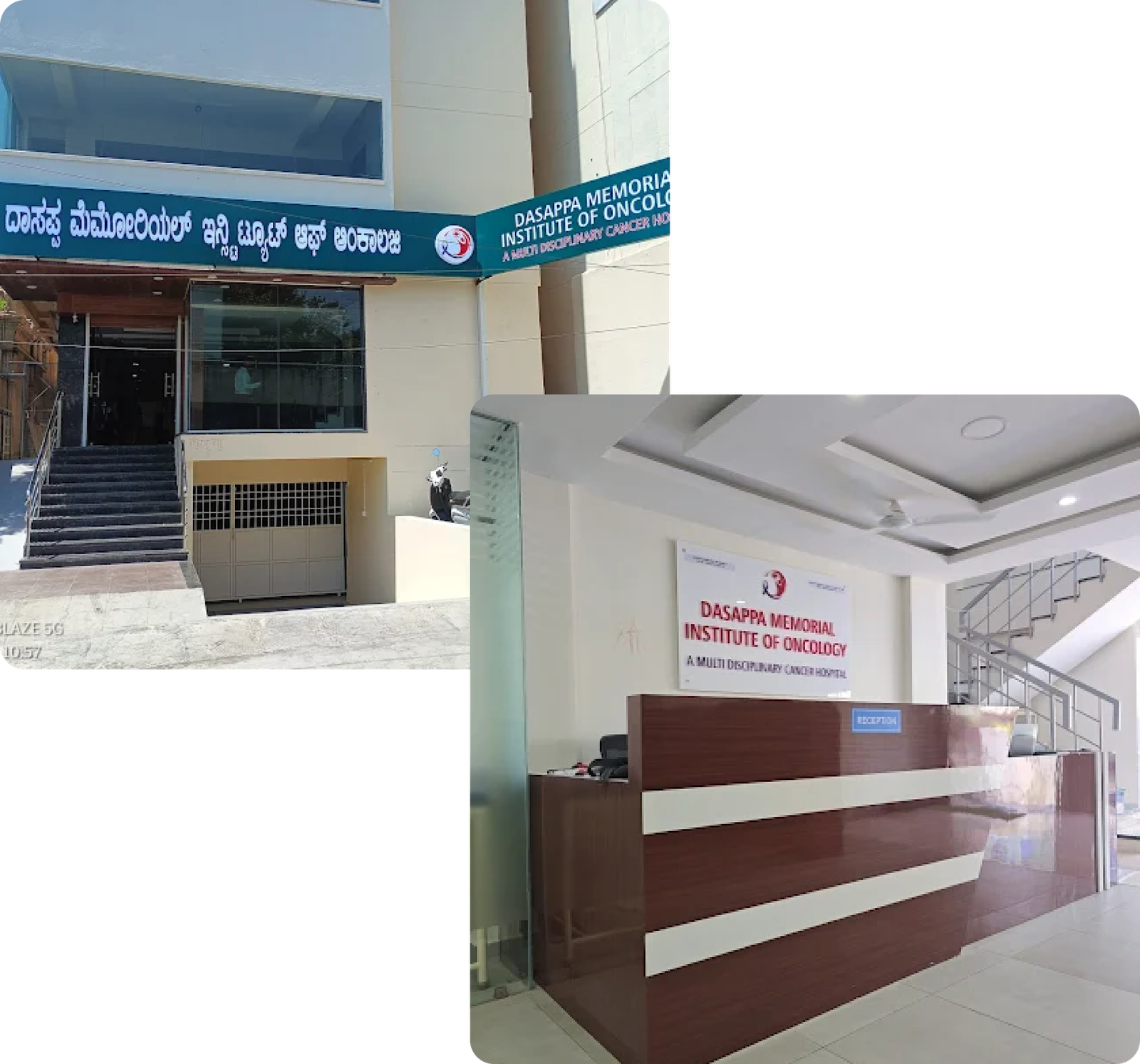
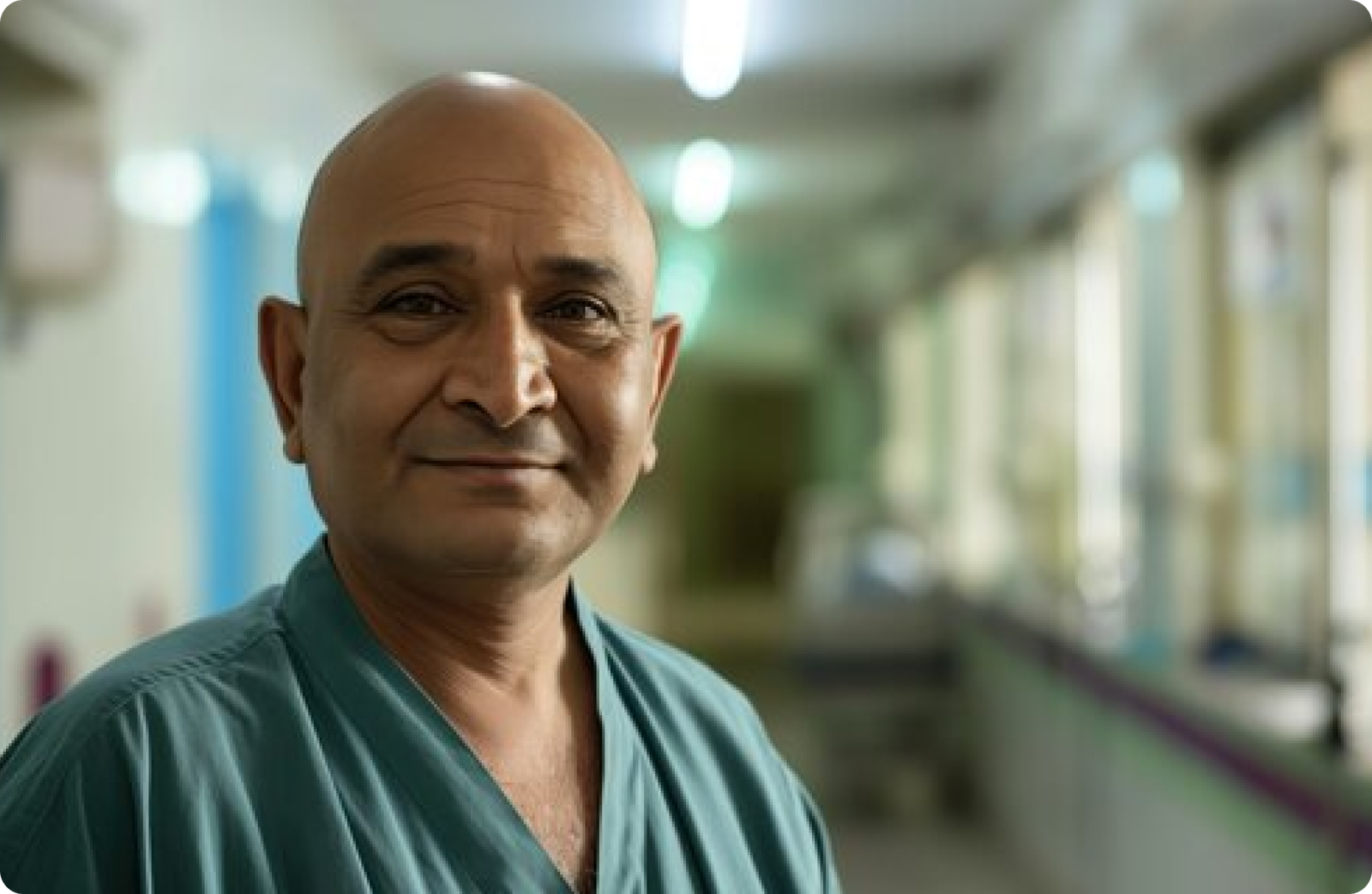

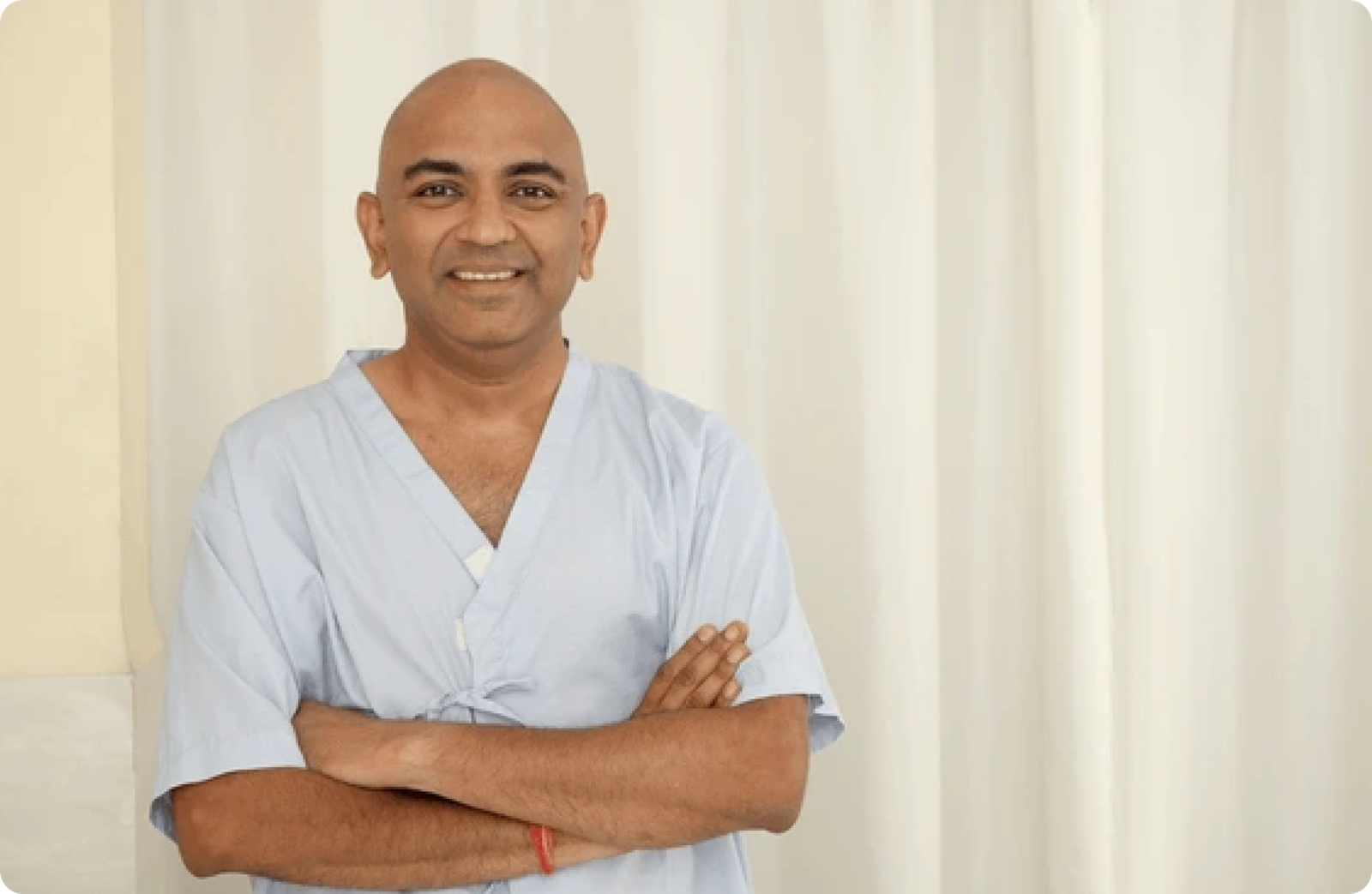
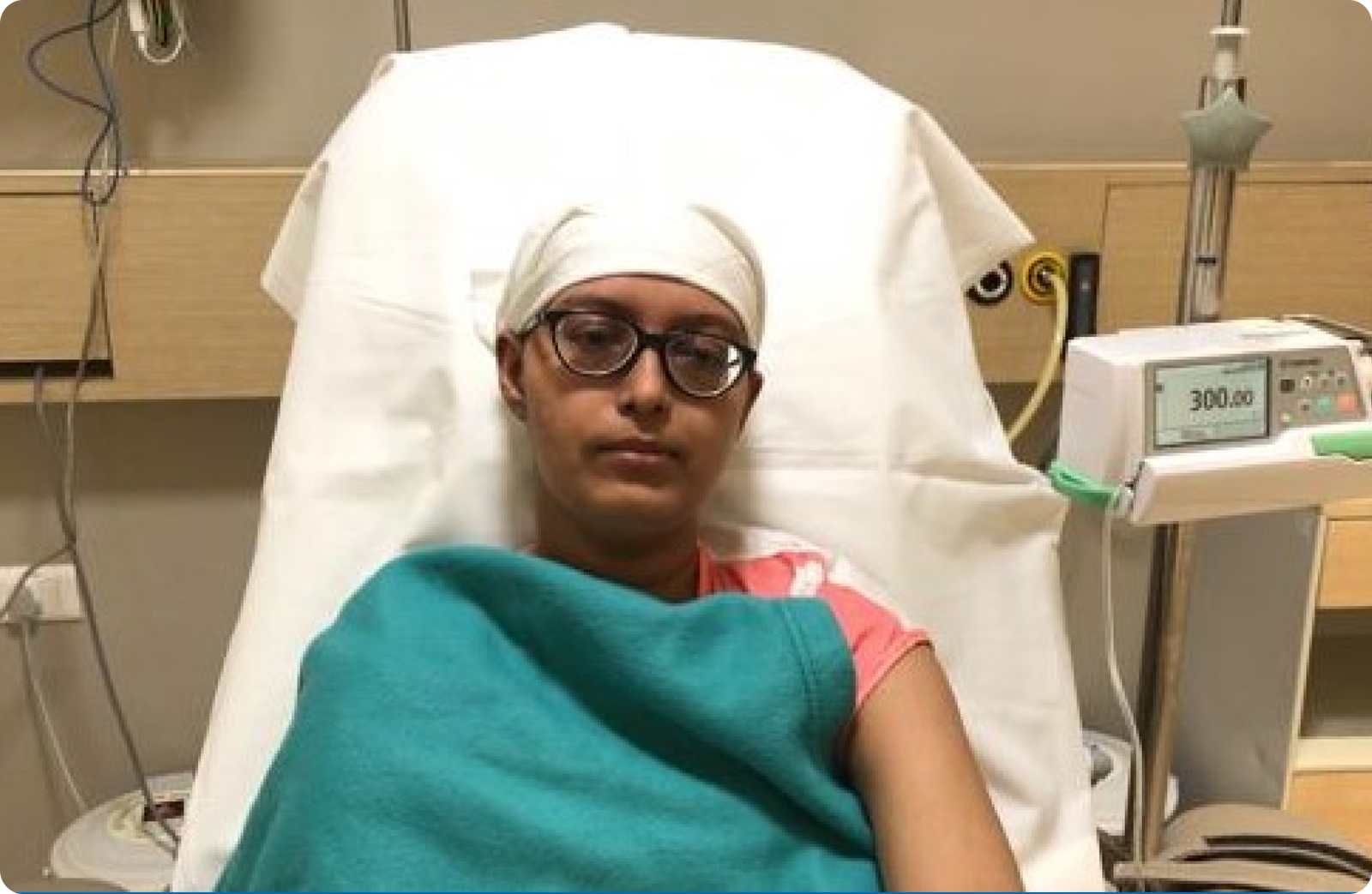

Check Doctor s Availability and Book Appointment Online
Recent Blogs
Your concerns matter - here are some helpful answers
A brain tumor is an abnormal growth of cells inside the brain or surrounding tissues. These tumors can be benign (non-cancerous) or malignant (cancerous) and may affect brain function, depending on size and location. Early diagnosis and treatment are essential to prevent neurological damage.
The exact cause of brain tumors is not always known, but risk factors include:
While lifestyle factors don’t directly cause brain tumors, maintaining good health supports better treatment outcomes.
Brain tumor treatment is based on tumor type, size, location, and grade. Common options include:
A multidisciplinary approach ensures safe and effective treatment.
You can contact Dasappa Cancer Hospital via:
Email: docpandu@gmail.com
Phone Number: +91 88841 66664
Website: https://dasappacancerhospital.com/
Yes, our experienced neurosurgeons use state-of-the-art technology to maximize tumor removal while preserving neurological functions, ensuring safety and effectiveness.
Brain tumor treatment is based on tumor type, size, location, and grade. Common options include:
A multidisciplinary approach ensures safe and effective treatment.
The duration of brain tumor therapy depends on the tumor type and treatment plan.
Every patient’s treatment is personalised for the best possible outcome.
We use advanced diagnostics like CT, MRI, and PET scans, lumbar puncture, transcranial Doppler, carotid ultrasound, and image-guided biopsies to accurately identify tumor type, location, and grade.
Our process includes:
Choose Dasappa Cancer Hospital because it offers:
The hospital provides world-class Brain tumour treatment in Bangalore with a patient-first approach.
Not always. A brain tumour can be benign or malignant, while brain cancer specifically refers to malignant, fast-growing tumors.
Both require medical evaluation, but brain cancer is more aggressive and demands advanced treatment like surgery, radiation, and targeted therapy.
Common symptoms include:
Symptoms depend on the tumor’s size, growth rate, and location.
The cost of Brain Tumor Surgery in Bangalore typically ranges from:
Dasappa Cancer Hospital offers affordable and transparent pricing.
No, some brain tumors are benign (non-cancerous) but still require skillful management. Dasappa Hospital treats both cancerous and non-cancerous tumors effectively.
The duration of brain tumor therapy depends on the tumor type and treatment plan.
Every patient’s treatment is personalised for the best possible outcome.
The cost of Brain Tumor Surgery in Bangalore typically ranges from:
Dasappa Cancer Hospital offers affordable and transparent pricing.
Yes, genetic syndromes like Li-Fraumeni syndrome, neurofibromatosis, tuberous sclerosis, or Turcot syndrome may increase risk. Share your family medical history with our specialists for early screening.
Yes, we provide pre- and post-treatment counseling, rehabilitation, and emotional support to help patients and families navigate the treatment journey.
Dasappa Cancer Hospital is regarded as one of the best hospitals for Brain Tumor Surgery in Bangalore. With experienced neurosurgeons, advanced neuro-imaging, modern operating theaters, and comprehensive post-surgical rehabilitation, the hospital provides high-precision and patient-centric brain tumor care.
WhatsApp us